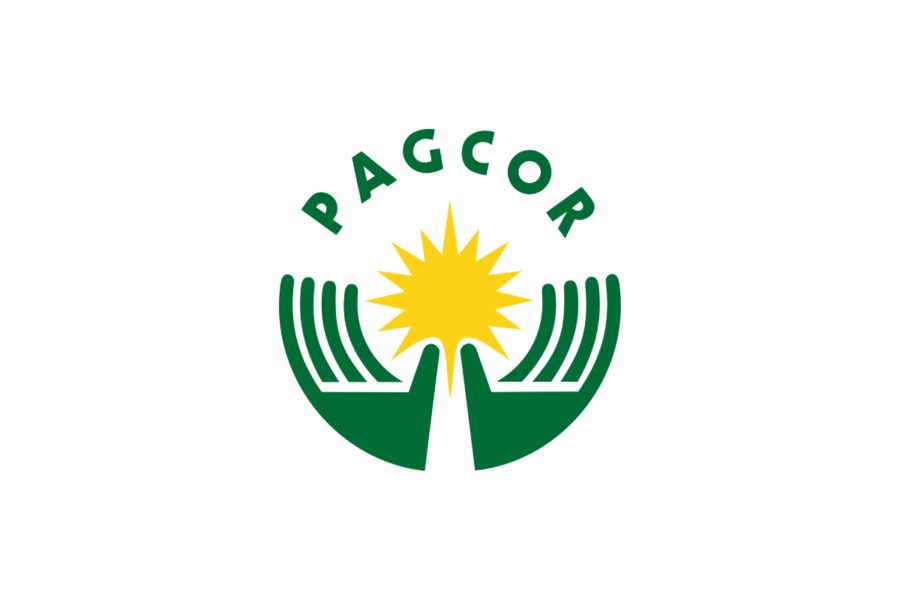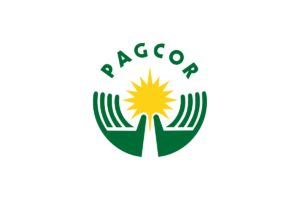Deputy speaker opposes call to privatise PAGCOR’s gaming operations

Rufus Rodriguez, a member of the House of Representatives, has suggested that the regulator should continue being a gaming-casino operator rather than a regulator.
The Philippines.- The debate over the future of PAGCOR continues. Rufus Rodriguez, a member of the House of Representatives for the second district of Cagayan de Oro City, has suggested PAGOR should drop its regulatory functions, not its operation of gaming.
His response comes after Alejandro H. Tengco, PAGCOR’s chairman, said that PAGCOR was analysing the possibility of privatising its gaming operations. According to Asian Gaming Brief, Rodriguez said: “I am strongly against privatizing it. So why kill, or more appropriately, why sell the goose that lays the golden eggs?”
According to Rodriguez, PAGCOR earns “tens of billions of pesos” a year and is not suited for privatisation. Instead, he suggested the government should create a new Casino Gaming Regulatory Authority so that PAGCOR could be relieved of its regulatory duties, thus resolving the issue of its potential conflict of interest.
PAGCOR currently regulates, authorises and licenses gaming in the Philippines but it also operates over 40 casinos itself.
Tengco has said that PAGCOR is studying a possible privatisation. He told Philstar: “We are hoping to be given time to study this. That is part of our current thrust and agenda to really distinguish whether we are a regulator or an operator. If we will be able to draw the line and distinguish, the option will be [that] PAGCOR will be the regulator for gaming operations, both land-based and online.
“For the PAGCOR-operated casinos nationwide, if we make decisions, the best thing that we could foresee is privatize.”
PAGCOR reported a net income of PHP2.16bn (US$38.8m) for the first half of the year, up 2,600 per cent when compared to last year. The regulator reported income from gaming operations of PHP24.72bn (US$443m), up 67.3 per cent year-on-year. Total income was PHP26.70bn, up 68.1 per cent.









